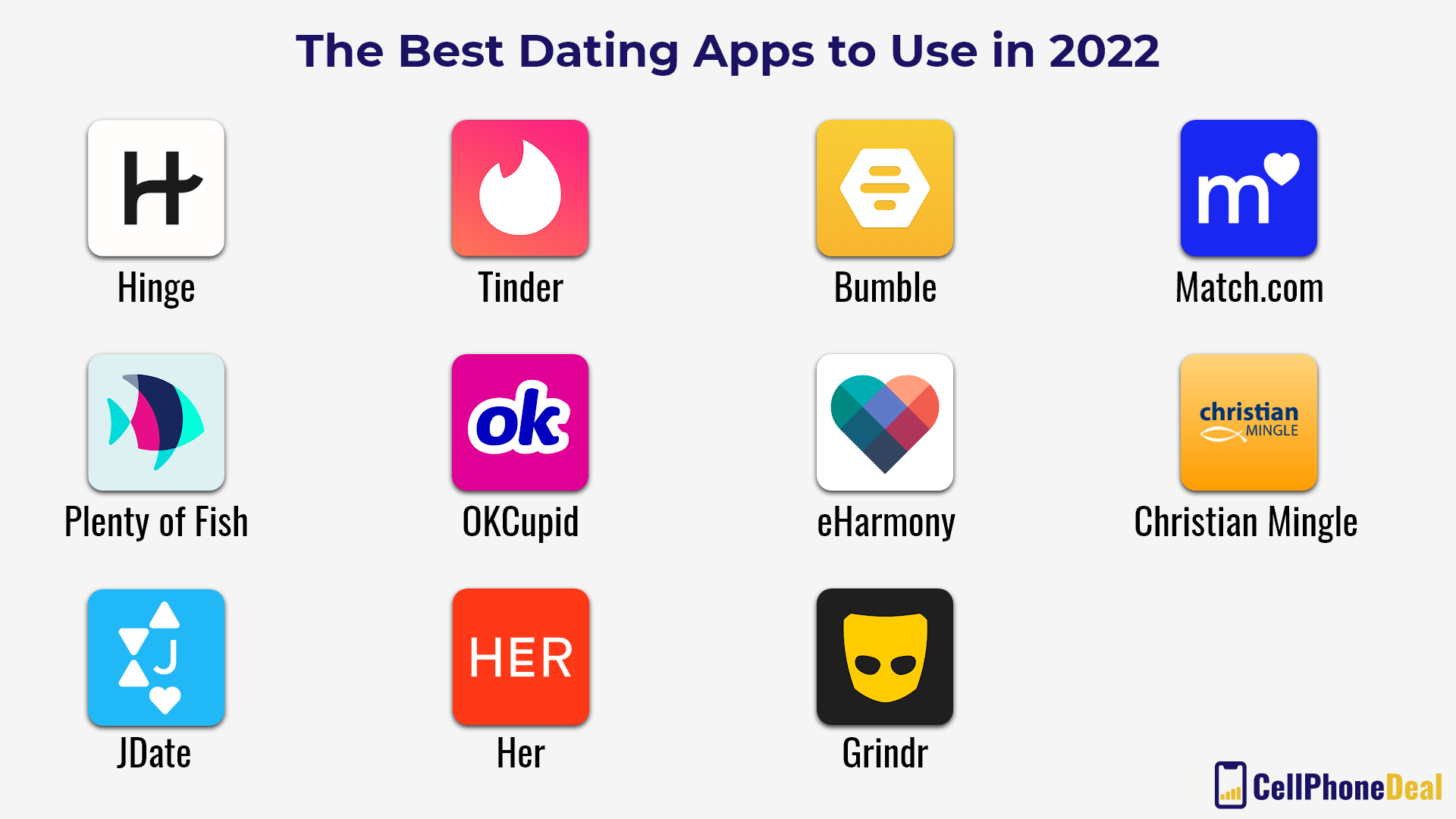Dating apps are a great way to meet someone new, but it can be hard to know how to start a conversation! Writing the perfect first message can be tricky, but with a few tips and tricks you can make sure your message will stand out and get a response. In this article, I’ll show you how to write the perfect first message on dating apps and make sure you get that all-important response!
Introduce yourself briefly.

Hey everyone! I’m an 18 year old student who’s looking for someone special to share good times with. I’m looking forward to getting to know others on this dating app and seeing where things go. I’m outgoing, funny, and I love to try new things. Let’s chat and see if we have a connection!
Mention mutual interests.

Mentioning mutual interests in your first message on dating apps is a great way to create a connection. It shows that you’re interested in getting to know that person and that you’re open to learning more about them. Plus, when you mention something you have in common it’s easier to start a conversation and break the ice. So if you spot something on the person’s profile that you’re both interested in, don’t be afraid to bring it up!
Ask questions.
![]()
Asking questions when messaging someone on a dating app is a great way to get the conversation started. Questions will show your interest in getting to know them better and can help you break the ice. You can ask questions about their hobbies, their interests, or something they wrote in their profile. Just try to make sure the questions you ask are interesting and something they would be interested in talking about.
Be positive & upbeat.

When it comes to writing a perfect first message on dating apps, it’s important to stay positive and upbeat! Instead of focusing on commonalities, show your enthusiasm for getting to know them by asking a question about their profile or mentioning something you share in common. By coming off as excited and enthusiastic, you’ll show them you’re serious about getting to know them and make it easier for them to reply.
Be honest & authentic.

When it comes to writing a perfect first message on dating apps, being honest and authentic is key. You have to be yourself and avoid coming across as too cheesy or too casual. To make a good impression, focus on the person you are writing to, be open, and express yourself as your true self. For example, if you’re an 18 year old student, don’t pretend to be 21. A good way to go is to keep it natural and positive, be friendly, and show genuine interest in getting to know the other person.
Add a call-to-action.

If you’re looking to make a good first impression with someone special, you need to make sure that your first message on a dating app is perfect. To do this, you have to be confident and creative with your words. Follow these tips and you’ll be sure to make a good impression. Don’t forget to add a call-to-action so you can start a conversation with the person you’re interested in. What are you waiting for? Make the first move and send that perfect message today.




